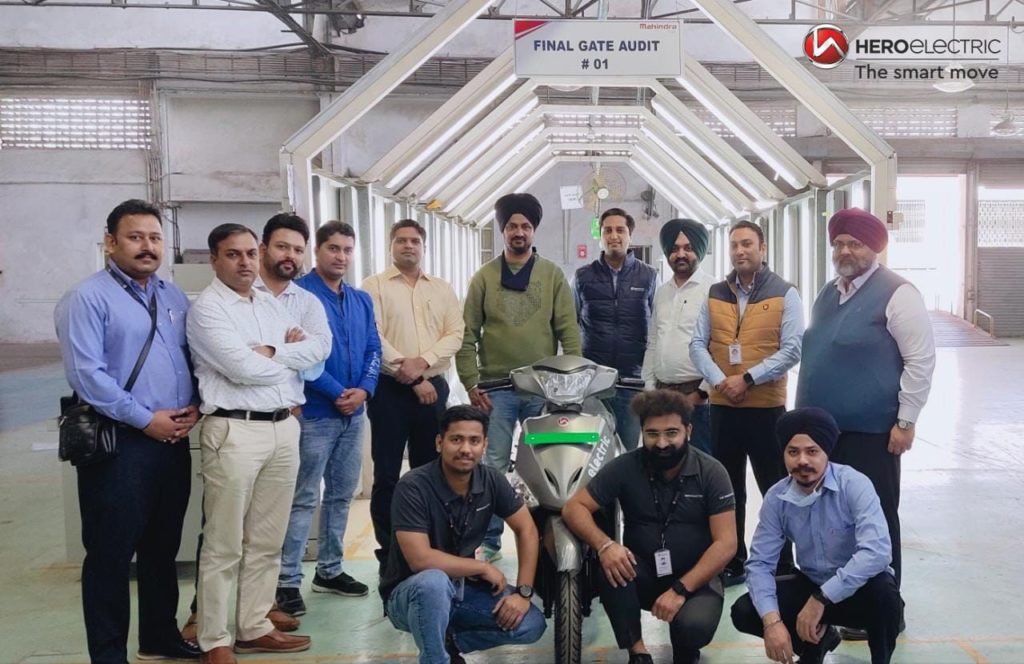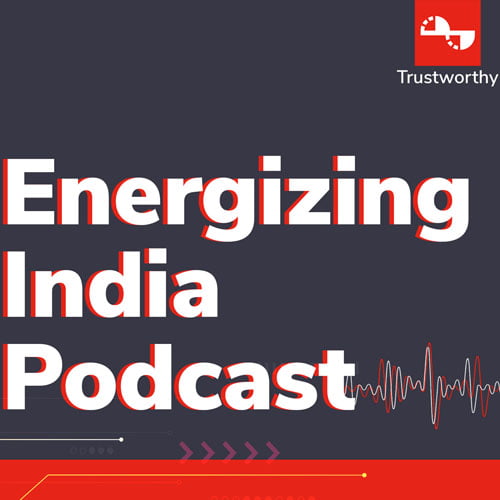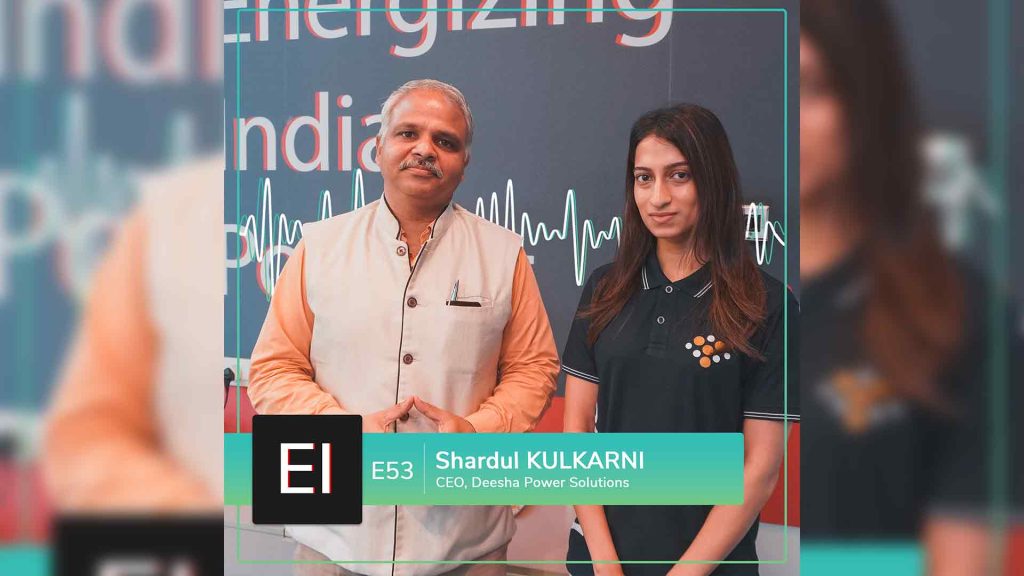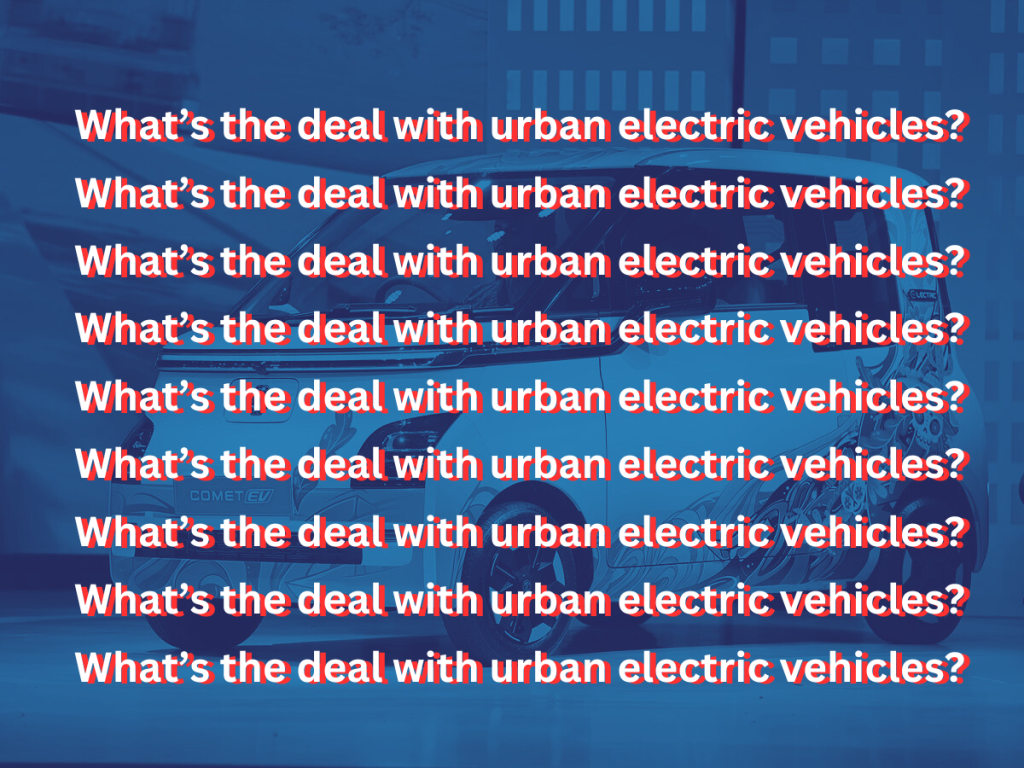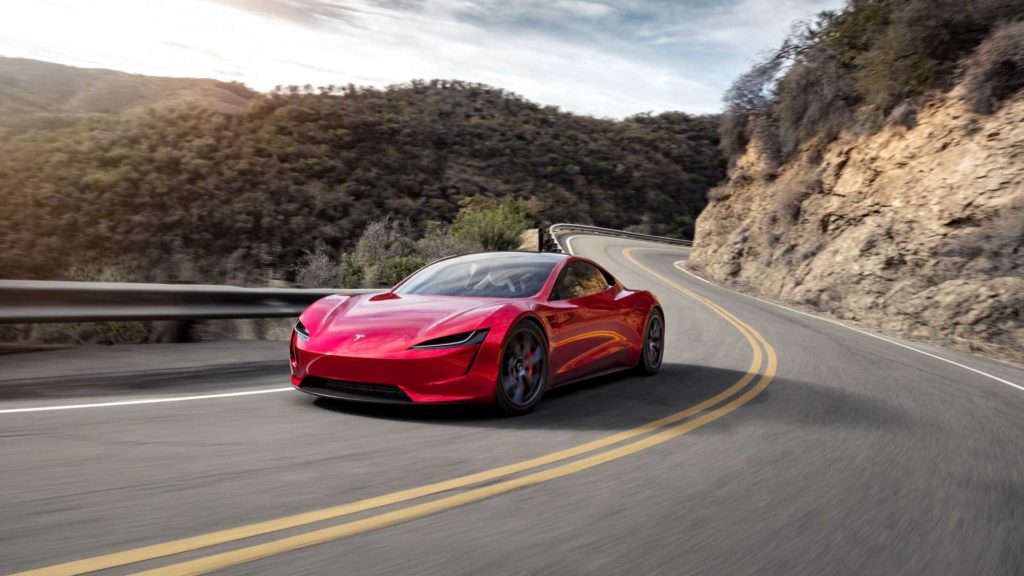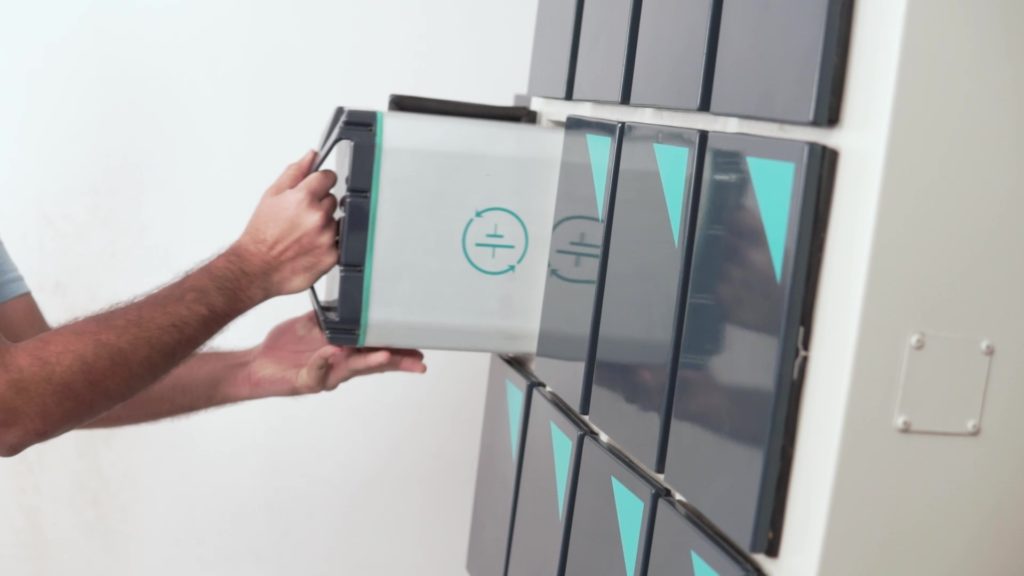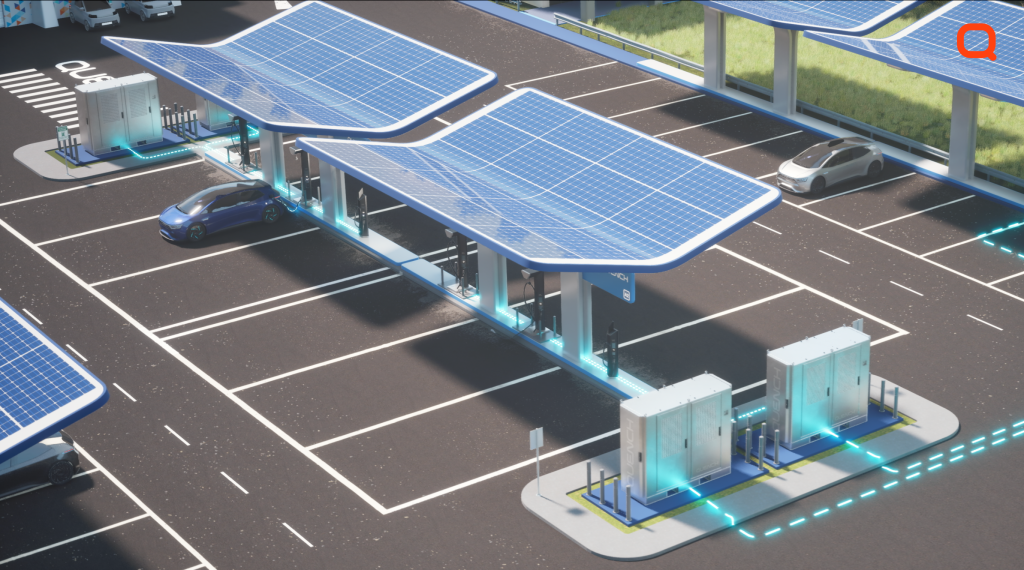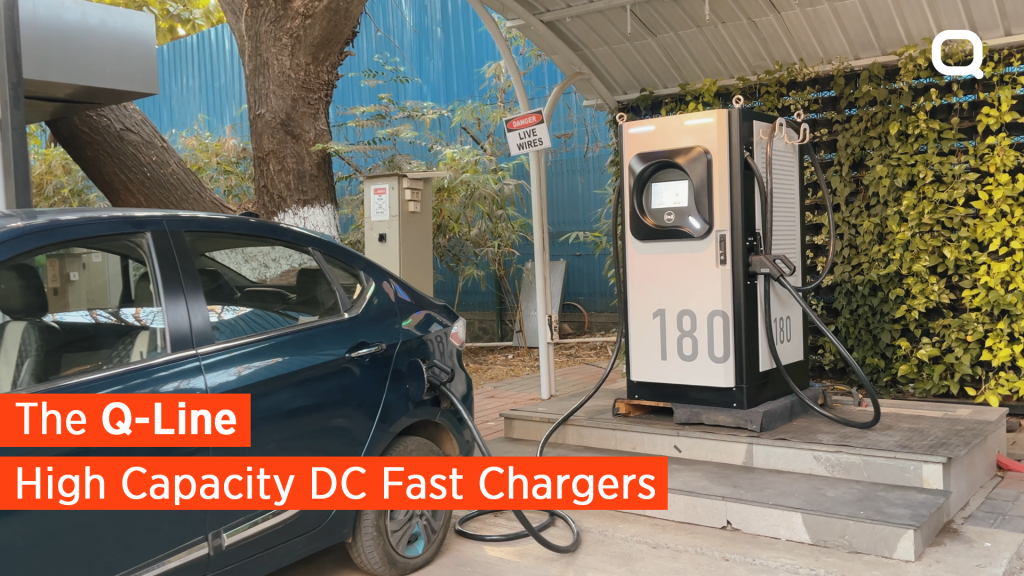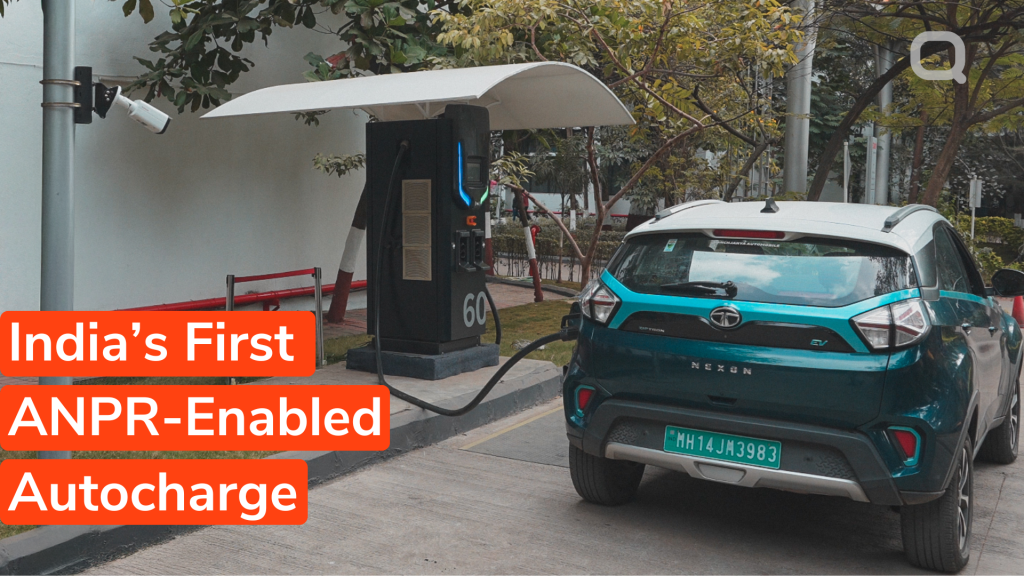Hero Electric, India’s No. 1 EV firm, and the Mahindra Group today announced their aim to collaborate as part of Hero’s growth and expansion plans to meet the country’s ever-increasing demand for EVs. The strategic alliance will provide numerous synergies that will aid in driving adoption across the country.
As part of the agreement, Mahindra Group will produce Hero Electric’s most popular electric bikes – the Optima and NYX – in their Pitampur facility to suit the market’s growing demand. Hero Electric will be able to meet its requirement of manufacturing over 1 million EVs per year by 2022 thanks to this agreement and the expansion of their existing Ludhiana factory. This will allow them to push for the adoption of a cleaner method of transportation even further.
Speaking on the announcement, Mr. Naveen Munjal, MD, Hero Electric said, “Hero Electric has been leading the Electric two-wheeler sector in the country. To further deepen its roots and strengthen its leadership, Hero Electric has announced a partnership with the Mahindra Group, which is leading the EV transition in the electric three and four-wheelers space. This coming together of two industry leaders is to further enhance the manufacturing capabilities to meet demand and utilize Mahindra Group’s robust supply chain to reach newer centers in the country. The long-term partnership will also see both the companies make the most out of each other’s deep knowledge of EVs and drive new product development in the next few years. We look forward to creating more synergies with them in the near future.”
The collaborative development activities will also play an important role in establishing the platform strategy to assist in the electrification of Peugeot Motorcycles range. This is expected to add considerable value to both parties by optimizing costs, timeframes, and sharing expertise in this dynamic, rapidly expanding global EV context.
Sharing his thoughts on the partnership, Rajesh Jejurikar, Executive Director, Auto & Farm Sectors, Mahindra & Mahindra Ltd., said, “Peugeot Motorcycles has ambitious plans in the EV mobility space in several regions of the world and particularly in Europe. This strategic partnership will bolster these efforts through joint development and a platform-sharing approach leveraging the combined strengths of the two businesses. Our R&D Centre in India will be integral to this arrangement as will the manufacturing facility at Pitampur, which already supplies Peugeot with EV products. I see significant value creation on a mutually beneficial basis and look forward to this partnership delivering on its obvious promise.”
The two organizations will establish a continuous communication channel to facilitate information sharing across R&D teams as they develop new products and technology. This would be done with the Indian and worldwide markets in mind, not only to further the growth of electric vehicles but also to set benchmarks for speedier acceptance in the industry.
In India, the electric car sector is a flourishing business segment in which every manufacturer wishes to participate. Because EVs are regarded as the autos of the future, not only well-known business players but also the government, want to take all necessary steps to strengthen their grip on this burgeoning sector. The EV sector is predicted to be a massively growing sector for at least the next 100 years, with new start-ups establishing and dynamic players from other segments of the industry expressing interest in entering the EV market. Electric vehicles make headlines regularly. Similarly, when Mahindra & Mahindra Ltd and Hero Electric announced their strategic agreement in the E-mobility space, it piqued the curiosity of many in the sector. Hero Electric exhibits its leadership in the electric 2-wheeler industry, while Mahindra & Mahindra Ltd has significant roots in the 3-wheeler and 4-wheeler arenas; this collaboration has resulted in a leading transition for each into the leading sectors of the other. They also have ideas for how the two firms may use one other’s substantial EV knowledge to drive new product development in the coming years. It remains to be seen whether this collaboration will result in great successes and new objectives, as well as tougher competition for others in the EV market.
